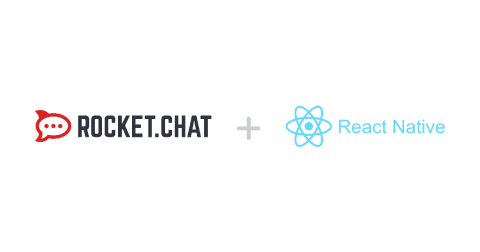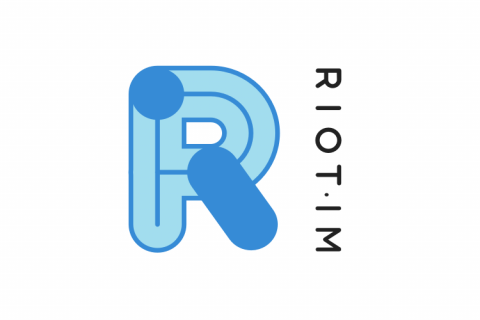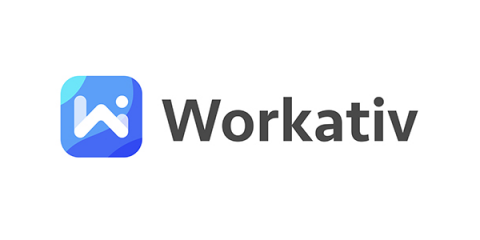What is a key performance indicator (KPI)?
A KPI is a numeric measure of performance for any activity that’s important to your business. Sometimes known as a ‘performance measure,’ the term KPI is often used interchangeably with ‘metric.’ The only real difference between the two is the word ‘key.’ KPIs are important metrics that you really care about, but a metric is any number that you track.









